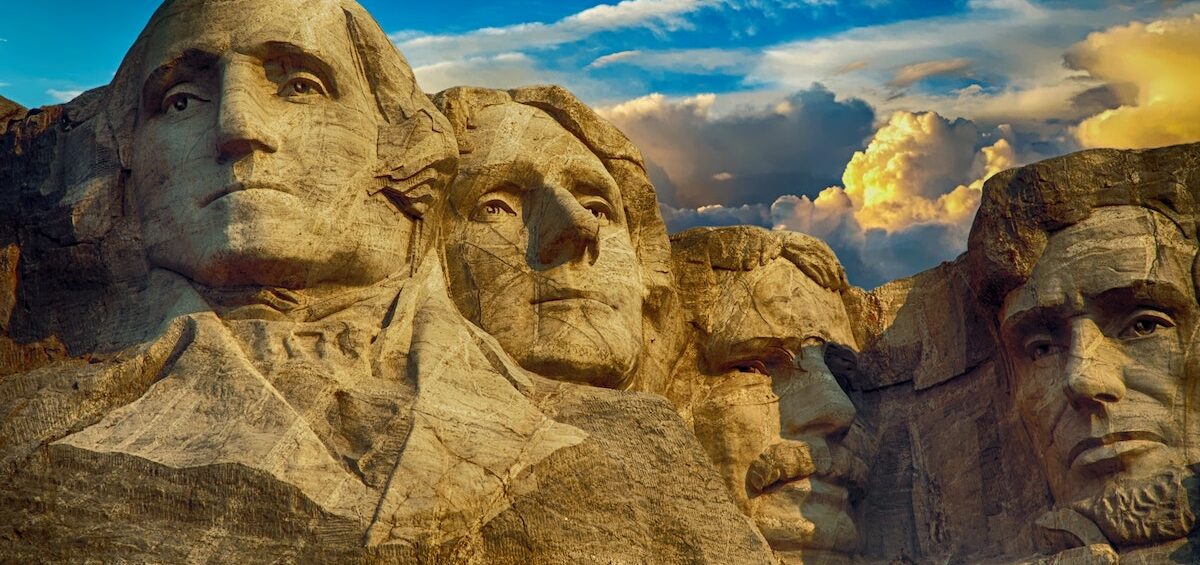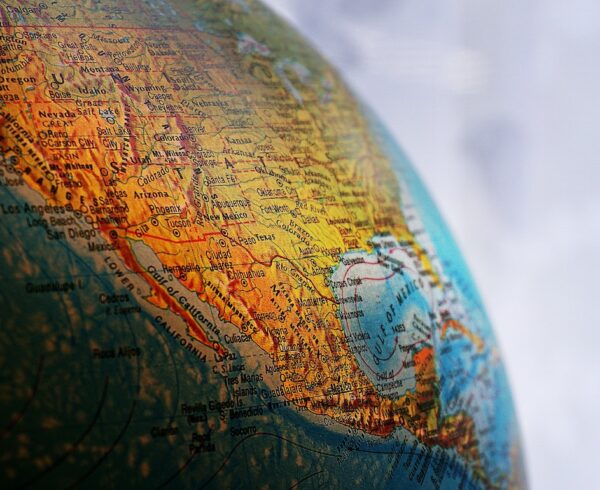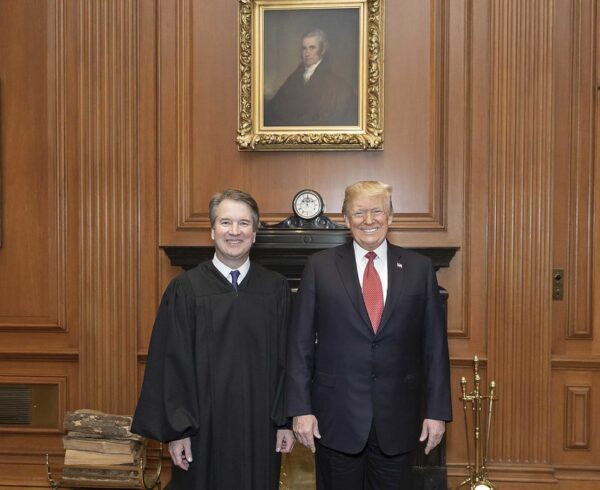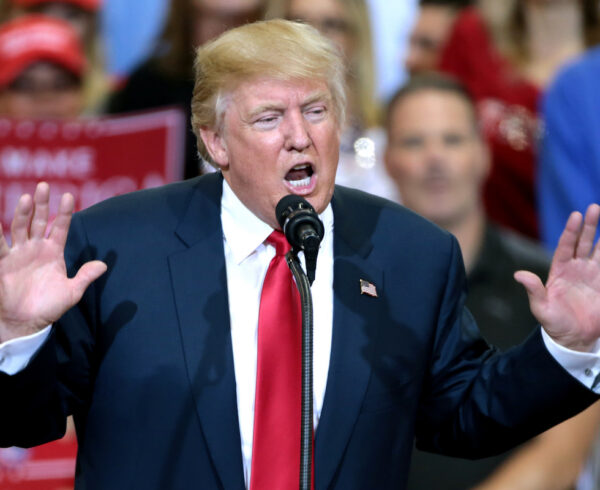In my previous post, I discussed the fatal flaws at the core of socialism, e.g. the embedded anti-democratic nature of that economic and social system.[1] This post deals with the fatal flaws of American-styled capitalism.
Definitions
A serviceable definition of capitalism is: An economic system characterized by private or corporate ownership of capital or wealth—products, services, money—by investments made through private decisions, and by prices, production, and distribution of products determined mainly through competition in a fair and open market. In most liberal Western countries, capitalism and democracy are inextricably linked, thereby ruling out autocratic systems such as fascism.
Some people argue that in a “pure” capitalist system, there would be no public schools, no public parks, no governmental programs such as Social Security and Medicare/Medicaid, no public highways, and only privately funded police. Rather, all of these features of our society would be privatized. We should note that a pure capitalist system does not exist in the modern world.
A Level Playing Field
Capitalism, in its purest sense, requires a level playing field in which all participants have equal opportunities to acquire wealth. Importantly, capitalism does not focus on equal outcomes.
This nation fought three wars—The American Revolution, The War of 1812 and the Civil War—to establish the principle that a person’s position in society and in the economy would not be determined by the circumstances of birth. That is, all persons would have opportunities in society and the economy based upon character, talent, diligence, risk-taking and perseverance in a competitive environment. Thus, we come to a major flaw in American capitalism: The playing field is not level because persons born into wealth have much greater economic and social opportunities than persons without wealth.
Education
Our education system has long been touted as a major factor in upward economic and social mobility. Simple inspection shows many of our schools, especially those in economically depressed areas, are nowhere near equivalent. Wealthy families can provide their children with access to better schools, both public and private. These children, therefore, start off with multiple advantages relative to most children from poor and middle-class families. Until we can solve the problem of providing equivalent and first-class school systems for all our children, large segments of our population will have great difficulty in achieving upward mobility.
Wealth Inequality
Emotion and misinformation drive much of the debate over economic inequality.[2] A significant amount of economic inequality indisputably exists in the United States. Even so, most estimates of the inequality do not account for the amount of wealth redistribution already present in our system. Including taxes and social welfare programs in the calculation shows the gap between rich and poor shrinks significantly. Some persons will argue that, while inequality does not disappear after these calculations, inequality may not be as big a problem and may not be growing as rapidly as sometimes depicted.
I maintain that any degree of economic inequality originating from an unlevel playing field is detrimental to our society as a whole. Humans are different from one another in many respects. With a level playing field, these differences will naturally result in some degree of wealth inequality. This proposition, however, does not reflect the largely discredited concept of Social Darwinism. Wikipedia has an excellent discussion of Social Darwinism, which largely debunks the concept as a significant factor in economics.[3] Critically, the attributes attributed to Social Darwinism are not heritable from generation to generation thereby ruling out an evolutionary principle in the concept.
With a level playing field, poverty may be a bigger problem than wealth inequality. We must be extremely careful in developing and applying “solutions” to reduce wealth inequality and poverty. As an illustration, Congress in 1991 imposed a “luxury” tax on items such as high-priced automobiles, personal aircraft, jewelry, furs and yachts. Because of this tax, wealthy people bought fewer luxury goods; but, perversely, thousands of our citizens who worked in the jewelry, aircraft, and boating industries lost their jobs. For example, the tax destroyed 7,600 jobs in the boating industry.[4]
A Warning
Means acceptable to most of our citizens must be applied in order to reduce genuine poverty as well as actual and perceived wealth inequality based upon an unlevel playing field. Otherwise, discontent and resentment over these issues will rupture our society. I understand the danger wealth inequality and poverty pose to our country, regretfully I am not at all confident we can find solutions based upon democratic principles. I don’t include converting to a socialist economy as an acceptable solution. Equally unacceptable is reliance solely upon “trickle down” economics.
[1] https://mikefrosolono.com/fatal-flaws-socialism/
[2] https://www.cato.org/publications/policy-analysis/five-myths-about-economic-inequality-america#full
[3] https://en.wikipedia.org/wiki/Social_Darwinism
[4] Joint Economic Committee Republican Staff, “The Cost of Tax-Related Job Loss versus Projected Revenue Gain from Luxury Taxes in Fiscal 1991,” July 1991; Government Accountability Office, Luxury Excise Tax Issues and Estimated Effects (Washington: GAO, 1992), http://www.gao.gov/assets/220/215770.pdf.










